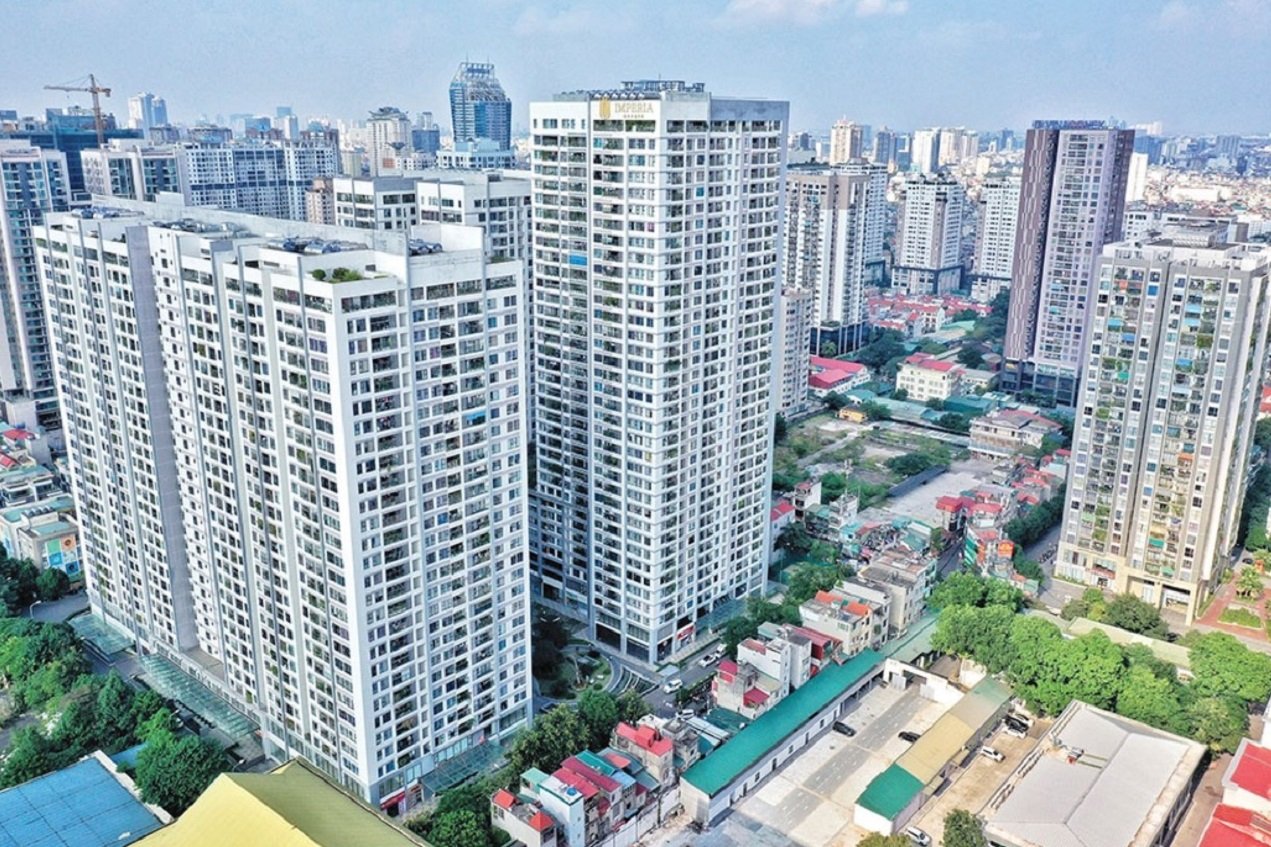Foreign Investors In Vietnam: Is Vietnam Open to Foreign Investors?
- RichTa House LLC
- 14-Aug-24

Vietnam is quickly becoming a hotspot for foreign investors. With its booming economy and strategic location in Southeast Asia, the country offers numerous opportunities that attract global attention. From vibrant cities to stunning coastlines, Vietnam presents an enticing landscape for those looking to tap into new markets.
The Government has made significant strides in creating a favorable environment for Foreign Direct Investment in Vietnam. As regulations evolve, many entrepreneurs are keen to explore what this dynamic nation has to offer. Whether you’re interested in Vietnam real estate or other sectors, understanding the local landscape can unlock countless possibilities.
Join us as we delve deeper into the intricacies of investing in Vietnam—discover why it’s capturing the interest of foreign investors from around the world and how you can be part of this exciting journey.
Foreign Investment Laws in Vietnam
Vietnam's legal framework for foreign investment is designed to attract and facilitate international capital. The Law on Foreign Investment, enacted in 1987 and updated over the years, lays out the essential guidelines.
Foreign investors can establish various business forms, including joint ventures and wholly-owned enterprises. This flexibility encourages diverse participation across sectors.
The government provides incentives like tax holidays and land lease exemptions. Such measures enhance Vietnam’s appeal as a destination for foreign direct investment.
However, navigating these laws requires diligence. Understanding local regulations can be complex due to frequent updates and regional variations.
Engaging with local partners often helps ease this process while ensuring compliance with legal requirements. Staying informed about changes is crucial for success in this dynamic market environment.
Benefits of Investing in Vietnam
Vietnam offers a wealth of opportunities for foreign investors. The country’s rapid economic growth is one of the main attractions. With consistent GDP increases, Vietnam stands out as a vibrant market.
The labor force is another significant advantage. It boasts young, dynamic workers who are eager to learn and adapt. This creates an ideal environment for various sectors.
Tax incentives further enhance the investment landscape. Many foreign direct investments in Vietnam benefit from favorable tax rates and exemptions, boosting profitability.
Additionally, the rising middle class fuels consumer demand across different industries. From technology to retail, opportunities abound.
Investors can also tap into Vietnam's strategic location in Southeast Asia, providing easy access to neighboring markets. This geographic advantage enhances trade potential and connectivity within the region.
Best Industries for Foreign Investors
Vietnam boasts several industries ripe for foreign investors. Manufacturing leads the way, with a strong demand for electronics and textiles. The country's advantageous location in Southeast Asia offers easy access to international markets.
Technology is another booming sector. Startups are flourishing, especially in fintech and e-commerce. Investors can tap into a young, tech-savvy population eager for innovation.
Tourism continues to grow as well, particularly in cities like Da Nang. With its stunning beaches and rich culture, it attracts millions of visitors yearly. Real estate opportunities abound here too.
Agriculture remains vital to Vietnam's economy, with rising exports in coffee and seafood. Sustainable practices are gaining traction among local producers.
These sectors not only promise profitability but also contribute significantly to Vietnam’s economic development trajectory.
Challenges and Risks of Investing in Vietnam
Investing in Vietnam can be rewarding, but it comes with its challenges.
-
One major concern is the regulatory environment. While laws have improved, navigating bureaucratic hurdles can still be daunting for foreign investors.
-
Another issue is market volatility. Economic fluctuations and shifts in consumer behavior may impact returns. Investors should stay informed about local trends to mitigate risks.
-
Corruption remains a concern as well. It can complicate dealings and lead to unexpected costs or delays. Building trust with local partners is essential for smooth operations.
-
Additionally, understanding cultural differences plays a crucial role in business success. Miscommunication can arise if investors aren’t attuned to Vietnamese customs and practices.
-
Competition is fierce across various sectors, particularly real estate in Da Nang and larger cities like Ho Chi Minh City and Hanoi. Being prepared for a crowded marketplace will help investors find their niche.
Tips for Successful Investment in Vietnam
-
Research is your best friend. Understand the market dynamics specific to Vietnam. Familiarize yourself with local customs and business practices.
-
Build a strong network. Relationships matter in Vietnamese culture, so connecting with local partners can lead to valuable insights and opportunities.
-
Stay compliant with laws. Navigating foreign investment regulations can be complex. Consulting legal experts will help you avoid pitfalls.
-
Consider location carefully. Cities like Ho Chi Minh City and Hanoi are bustling, but don’t overlook emerging areas like Da Nang for real estate projects.
-
Be patient and adaptable. The pace of business may differ from what you're used to, so flexibility is key in achieving long-term success.
-
Keep an eye on the economic landscape. Changes in policies or global trends can impact your investments significantly, making continuous monitoring essential.
Conclusion
Investing in Vietnam offers numerous benefits such as low labor costs, a young workforce, and potential tax incentives. The country boasts several industries ripe for growth, including technology, manufacturing, and particularly real estate. Areas like Danang have seen significant interest from international investors looking for lucrative opportunities in real estate.
However, while the prospects are bright, challenges exist. Navigating local regulations can be complex. Investors must also consider cultural differences and ensure they conduct thorough due diligence before committing resources.
Foreign investors should feel encouraged by what Vietnam has to offer with experts like RichTa House LLC —a promising environment filled with potential returns on investment across various sectors. With careful planning and consideration of both risks and rewards, investing here could lead to fruitful outcomes that benefit not just businesses but communities as well.

.png)